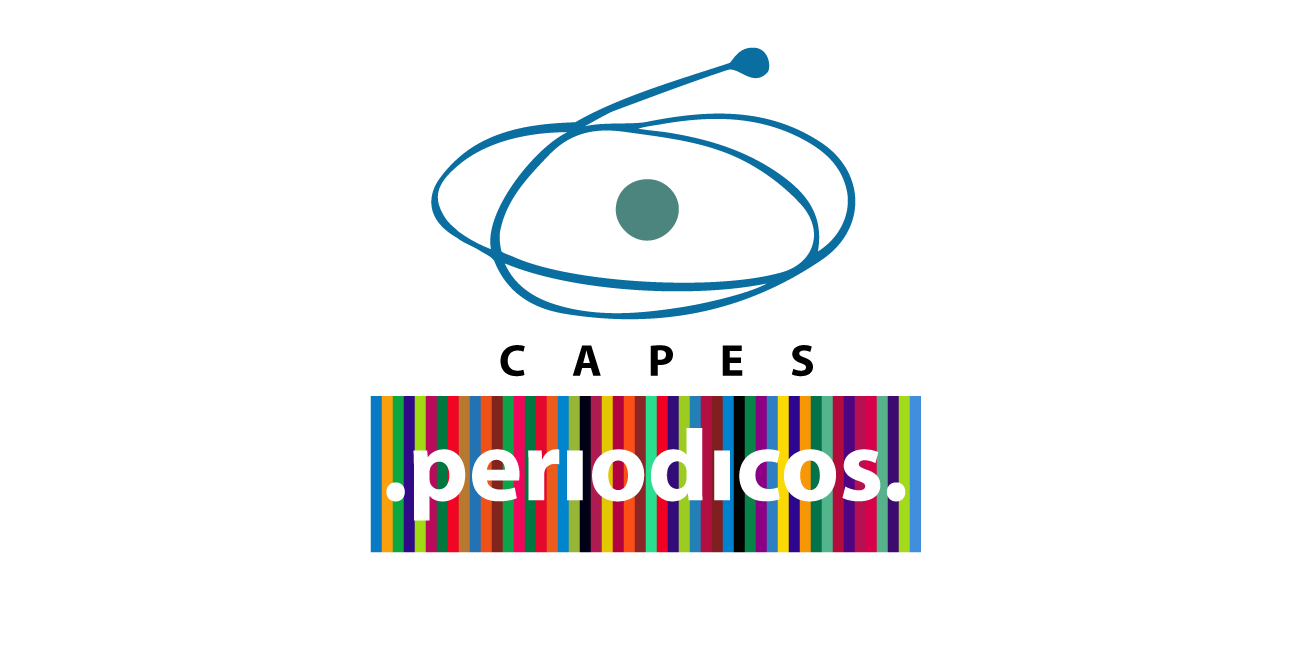Informed Consent in Doctor-Pacient Relationship
Keywords:
Consentimento informado, Responsabilidade Médica, Código de Defesa do Consumidor, Informed consent, medical liability, Consumer's Defense Code, Consentimiento informado, responsabilidad Médica, Código de defensa del consumidor.Abstract
The informed consent has great importance in assess the medical liability. It legitimizes the doctor’s activities. Its obtaining is compulsory, except in cases of therapeutic privilege, compulsory treatment and renouncement to the right to information. These are the assumptions of validity of informed consent: capacity, information and free informed consent. The doctor must inform all the risks, benefits or alternatives from surgical and therapeutic treatment that the patient will be submitted. The information must be transmitted according to the patient’s level of knowledge, it means, in a comprehensible way. The patient then, consciously, will have real conditions to authorize or not the treatment. It is recommended a written informed consent, even being free, to avoid future lawsuits. The consent can be annulled at any time, as well as be partial consented. The doctor has the onus of proof in proving the obtained consent (Consumer's Defense Code, article 6º, item VIII) leaving the patient only the proof of existing any vice of consent. The simple lack of informed consent leads to doctor’s responsibility, even in serendipitous case or external force, once he/she has assumed the risk. Even with the obtained consent, the doctor will respond legally when acting with guilt. The doctor will be exempted of responsibility by the absence of consent only in exceptional cases.Downloads
Published
2008-01-02
How to Cite
Vaz, W. L., & Reis, C. (2008). Informed Consent in Doctor-Pacient Relationship. Revista Jurídica Cesumar - Mestrado, 7(2), 489–514. Retrieved from https://periodicos.unicesumar.edu.br/index.php/revjuridica/article/view/580
Issue
Section
Doutrinas
License
A Revista se reserva o direito de efetuar, nos originais, alterações de ordem normativa, ortográfica e gramatical, com o intuito de manter o padrão culto da língua, respeitando, porém, o estilo dos autores. As opiniões emitidas pelos autores são de sua exclusiva responsabilidade.
Os direitos autorais pertencem exclusivamente aos autores. Os direitos de licenciamento utilizado pelo periódico é a licença Commons Atribuição 4.0 Internacional. São permitidos o compartilhamento (cópia e distribuição do material em qualquer meio ou formato) e adaptação (remixar, transformar, e criar a partir do trabalho, mesmo para fins comerciais), desde que lhe atribuam o devido crédito pela criação original.












